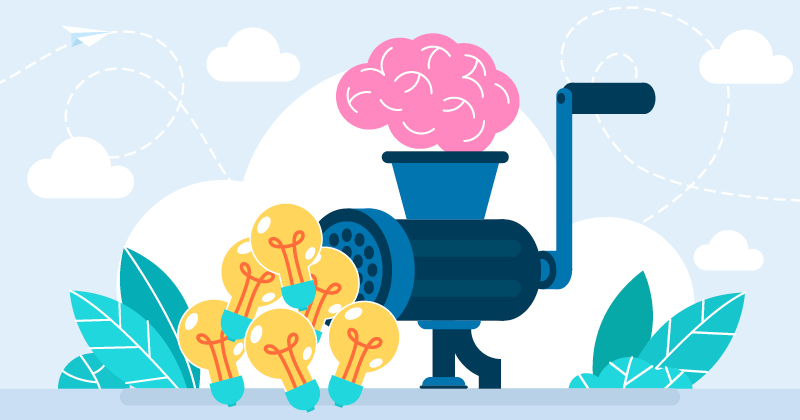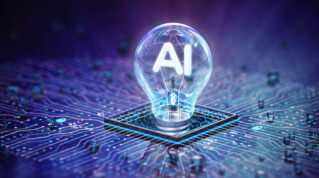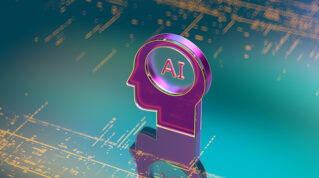We have spent years discussing AI in terms of productivity, automation, and economic disruption. The headlines focus on job losses and the development of miraculous new tools. But this tactical focus risks obscuring a far more profound transformation already underway: AI is acting as a culture, systematically redefining the very nature of human thought and work.
As leaders, our immediate concern is the bottom line. As educators, it’s the skills gap. But our long-term responsibility must be to our people. To navigate this future, we must look beyond the quarterly report and understand the mid-to-long-term psychological and cultural impact of this shift.
The new cultural AI operating system
Every dominant technology introduces a new cultural logic. The printing press standardised knowledge. The industrial clock regimented time. The internet connected information.
AI’s cultural contribution is delegation. We are learning to offload not just manual tasks, but cognitive ones: synthesis, ideation, drafting, and even elements of strategy. The fundamental question shifts from “how do I do this?” to “what should be done, and how do I guide the process?” This is a reskilling of human cognition itself, redefining the fundamentals of knowledge work.
The mid-term reality: augmentation anxiety
For the next 5-10 years, we face a period of “Augmentation Anxiety,” characterised by three key challenges:
The erosion of mastery: Career progression has long been built on accumulating specialised skills. When an AI can code a function or analyse a legal document, what constitutes “mastery”? Workers may feel their hard-won expertise is devalued, leading to a crisis of professional identity and purpose.
The burden of curation: AI doesn’t eliminate work; it transforms workers into editors and curators. The mental load shifts from creation to constant evaluation, a different, often more ambiguous and taxing skillset. The pressure to perpetually oversee, correct, and refine AI output can lead to decision fatigue and mental exhaustion.
The isolation paradox: While a powerful collaborator, AI is not human. The decrease in routine collaboration, like asking a colleague to proofread something, reduces the micro-interactions that build team cohesion and provide informal mental breaks.
Long-term prognosis: A fork in the road
The long-term future (ten-plus years) is not predetermined. It hinges on the cultural and structural choices we make today. We stand at a fork in the road:
Path A: The human-centred renaissance
In this future, AI handles the algorithmic, freeing the human mind for tasks it is uniquely suited for. We could see a surge in:
- Meta-cognitive skills: Roles focused on ethics, empathy, complex problem-framing, and strategy.
- A renewed value for “soft skills”: Leadership, mentorship, creativity, and negotiation become the premium currency.
- Enhanced wellbeing: By automating mundane tasks, work could become more engaging and aligned with human purpose, potentially making a shorter work week standard to facilitate high-level creative thinking.
Path B: The “lidless eye” workplace
If managed poorly, we risk an environment of perpetual pressure:
- The accountability gap: Who is responsible when an AI makes an error? The human curator?
- The pace paradox: The expectation of AI-speed output ignores the biological limits of the human brain.
- Skill atrophy & dependency: Over-reliance on AI for cognitive tasks could lead to deskilling.
A call for conscious leadership
The outcome will be determined not by the technology, but by the human systems we build around it. Our role as leaders is to architect the human-centred renaissance.
- Redefine “productivity”: Stop measuring value by output volume. Start measuring it by impact, creativity, and strategic value. Reward human skills like judgment, ethics, and collaboration.
- Invest in psychological literacy: Train managers to spot signs of augmentation anxiety and burnout. Create forums for open discussion about the emotional challenges of working with AI.
- Champion “human-time”: Actively protect time for non-AI-mediated work—brainstorming, mentorship, and human connection that doesn’t need to be “productive” in an algorithmic sense. We are social beings who need interaction.
AI is not just a tool. It is a cultural force, reshaping our cognitive landscape. The mental health and well-being of our workforce in the coming decades depend entirely on our ability to lead with humanity, not just efficiency.
















Your thoughts